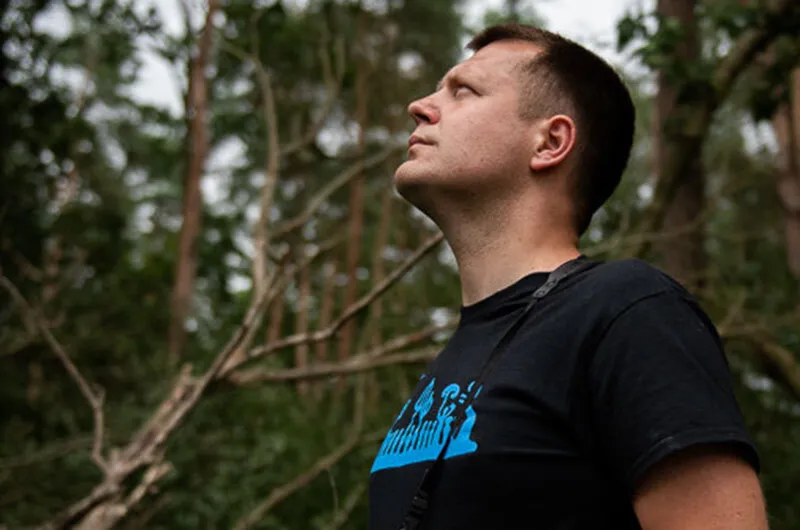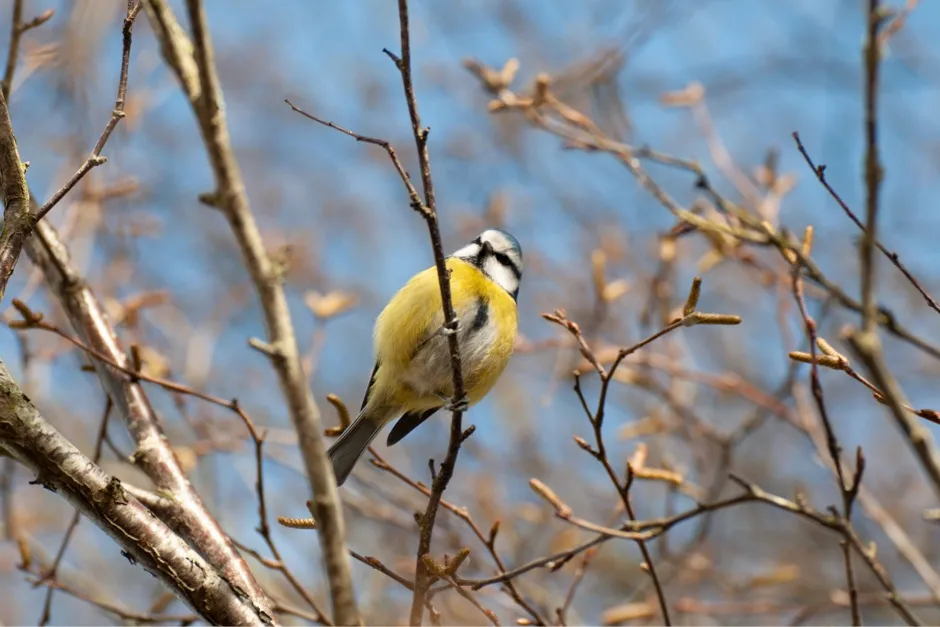This month the Science Focus Book Club are reading Bird Therapy (£9.99, Unbound) by Joe Harkness. It's an unflinchingly honest account of Joe's struggle with mental health and how ornithology put him on the road to recovery.
Read on for a message from Joe to members of the book club. If you want to join in with this month's read, sign up below and get a free sample from the book.

The best and most inspiring stories are those that start at the bottom and for me, the bottom was a very dark place. I found light through nature though, particularly birds. Which, as I say so often, have been consistent to me in a way that people have not.
This book may be my story, a memoir of such, but it is much more than that. It is a journal of recovery charting how the discovery of an unlikely hobby helped me to make sweeping changes to my perspectives on just about everything; grounding me in the present, rather than ruminating over what could’ve been and what I can’t change now.
Read some positive science news:
- Dog motion capture makes for more authentic virtual animals
- Genetically modified rice could one day help keep your blood pressure down
- Biodegradable scaffolds help infertile rabbits have normal pregnancy
Following multiple suicide attempts, a history of addiction and struggles with debt, my world had to come crashing down before I could begin to rebuild it – piece-by-piece.
My writing began as a cathartic exercise, a blog documenting my birdwatching forays and how good they were making me feel. It grew as I did, in confidence and ability, but also in the way that I was able to reach out to more people through various platforms.
Over time, as I shared more about my own struggles, other people felt empowered to do the same and their words supplement my story and help to show the positive impacts of connecting with nature; contributing to a wider community of people who have been helped by the natural world.

The two topics that underpin the book – birdwatching and mental health – almost come across as a juxtaposition. I mean, birdwatchers are just train spotters that look at feathery things, right? Wrong.
Not only have I met a really diverse range of people throughout my journey, but I have also always been struck by the myriad and multifaceted ways that birdwatching can be engaged with as a hobby – it really is so accessible! These approaches and ideas all form the basis of my ethos and writing, which began around mental health charity Mind’s excellent framework, the five ways to wellbeing, which I coined into my ‘five ways to well-birding’. This grew into thirteen chapters, exploring a range of themes, including birdsong and seasonal changes in avifauna.
Read more about mental health:
- Regular yoga practice may reduce symptoms of depression
- 5 mental health apps to help you through the coronavirus crisis
- Your microbiome has the potential to improve your mental health, not just your gut health
I don’t profess that Bird Therapy as a book is a work of literary genius, but I didn’t write it to become a known author. I also didn’t write it as a scientific text, or to try and claim that nature is some kind of cure as that would be foolishly untrue.
I wrote it to share, support and inspire. I wrote it because I know there are so many other people who are suffering in silence with their mental health, and hearing just one other positive story can show that there is a light somewhere out there. I wrote it because watching birds is awesome.
Bird Therapy by Joe Harkness is out now (£9.99, Unbound)
- Buy now from Amazon UK, Book Depository and Waterstones